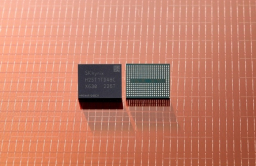-
KOSPI 2577.27 -2.21 -0.09%
-
KOSDAQ 722.52 -7.07 -0.97%
-
KOSPI200 341.49 +0.02 +0.01%
-
USD/KRW 1396 -2.00 0.14%
Samsung flexes NAND muscle with high-capacity microSD cards
Korean chipmakers
Samsung flexes NAND muscle with high-capacity microSD cards
Already the dominant player in the SSD market, Samsung hopes to enhance its clout through microSD cards for on-device AI
By
Feb 28, 2024 (Gmt+09:00)
3
Min read
News+

Samsung Electronics Co. on Wednesday unveiled two new microSD cards boasting high performance and capacity usually found in solid-state drives (SSDs) but much smaller in size, making them ideal for mobile computing and on-device AI.
Samsung, the world’s largest memory chipmaker, said it has started providing samples of its 256 gigabyte (GB) SD Express microSD card to its customers.
The South Korean tech giant said the new microSD card is based on the SD Express interface – the industry’s first to do so – a result made possible through collaboration with a customer that Samsung didn’t identify.
Thanks to its low-power design and firmware technology optimized for high-performance and thermal management, Samsung said the SD Express microSD card offers performance equivalent to SSDs in a small form factor.
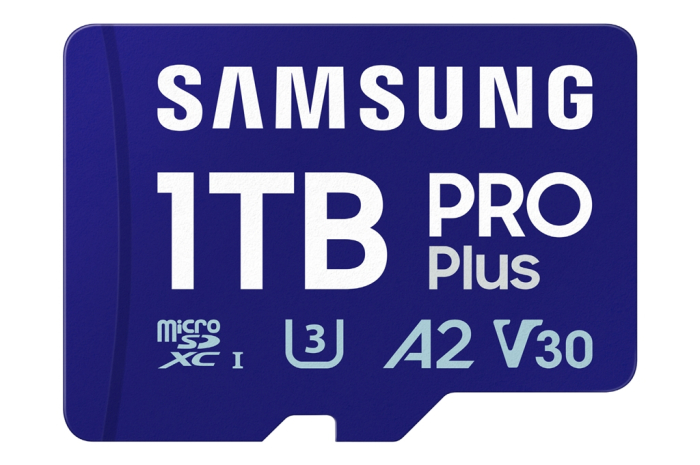
While the read speed of traditional microSD cards based on the UHS-1 interface is limited to 104 megabytes (MB) per second, the new SD Express card has a theoretical read speed of up to 985 MB per second.
Samsung said its latest microSD card shows a sequential read speed of 800 MB per second – more than four times faster than traditional UHS-1 memory cards, thus suitable for demanding computing applications, including PCs and mobile devices.
At that speed, a 4 GB-size movie can be transferred in five seconds, the company said.
The new microSD card uses the dynamic thermal guard (DTG) technology, also the industry’s first, to prevent overheating even when used for many hours.
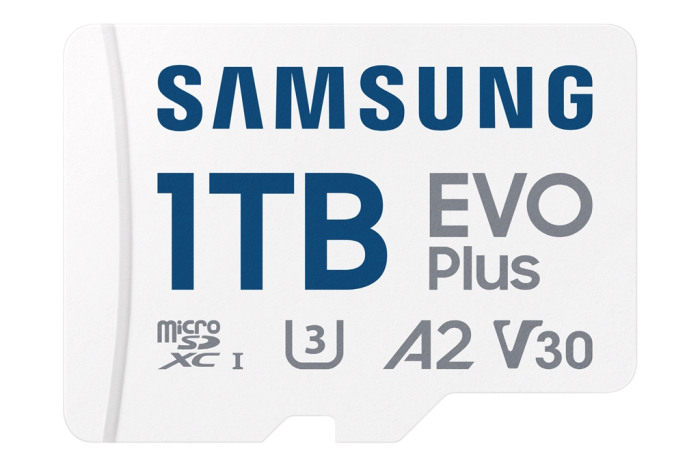
The 256 MB SD Express microSD card will be available later this year.
Industry officials said the product will be optimal for traditional applications such as tablets, drones and action cameras, as well as on-device AI gadgets such as extended reality (XR) devices and portable game consoles.
UHS-1 microSD CARD BASED ON V-NAND
On Wednesday, Samsung said it is also unveiling a 1 TB microSD card based on its latest N-NAND technology.
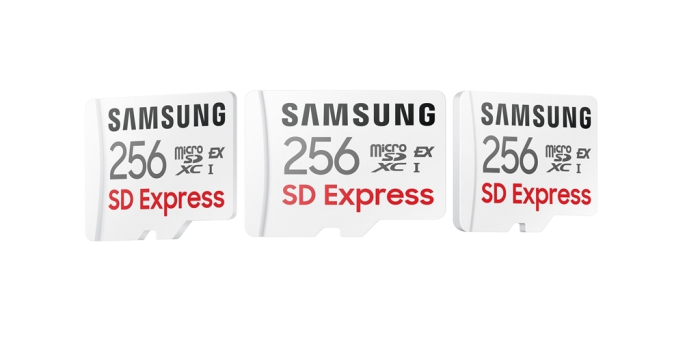
The microSD card stacks eight layers of its eighth-generation 1 terabit (Tb) V-NAND in a microSD form factor, resulting in a high-capacity package previously only possible in SSDs.
The new 1 TB microSD card has passed the industry’s most rigorous test settings. It offers reliable usage even in challenging environments as it boasts features such as water protection, a drop-proof design and wear-out protection, as well as X-ray and magnetic protection.
Samsung plans to launch the 1 TB UHS-1 microSD card in the third quarter.
With its two latest products, Samsung hopes to expand its presence in the fast-growing NAND-based storage device market.
“With our two new microSD cards, Samsung is providing efficient solutions for mobile computing and on-device AI applications,” said Sohn Han-gu, vice president of the memory brand product business team at Samsung.
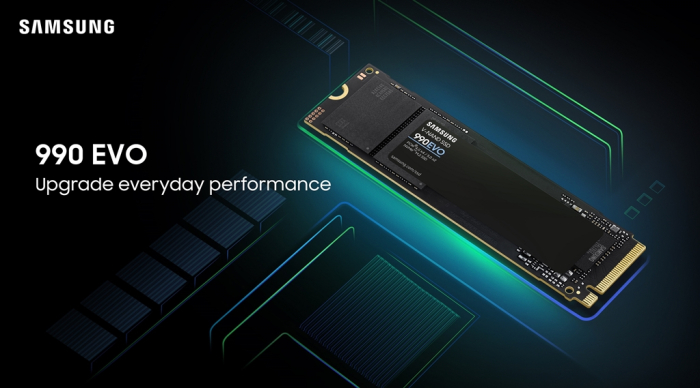
“Despite their tiny size, these memory cards deliver powerful SSD-like performance and capacity to help users get more out of demanding modern and future applications,” he said.
According to market research firm Omdia, the NAND flash market is expected to grow 38.1% this year after falling 37.7% in 2023.
The memory card market is forecast to grow at an annual average rate of 19.2% from 38.1 billion GB in 2023 to 76.9 billion GB by 2027. Of the entire memory card market, microSD cards account for nearly 90%.
Samsung is already the dominant player in the SSD market, holding its market leadership since 2006.
Write to Ye-Rin Choi at rambutan@hankyung.com
In-Soo Nam edited this article.
More To Read
-
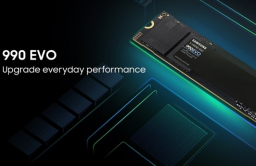 Korean chipmakersSamsung’s new 990 EVO SSD ideal for everyday use, more demanding work
Korean chipmakersSamsung’s new 990 EVO SSD ideal for everyday use, more demanding workJan 24, 2024 (Gmt+09:00)
-
 Korean innovators at CES 2024Samsung to double HBM chip production to lead on-device AI chip era
Korean innovators at CES 2024Samsung to double HBM chip production to lead on-device AI chip eraJan 12, 2024 (Gmt+09:00)
-
 Tech, Media & TelecomSamsung ramps up on-device NPU chip R&D; LG Electronics joins race
Tech, Media & TelecomSamsung ramps up on-device NPU chip R&D; LG Electronics joins raceJan 07, 2024 (Gmt+09:00)
-
 Tech, Media & TelecomSamsung’s tie-up with VMware to strengthen SSD competitiveness
Tech, Media & TelecomSamsung’s tie-up with VMware to strengthen SSD competitivenessAug 24, 2023 (Gmt+09:00)
-
Aug 03, 2022 (Gmt+09:00)
-
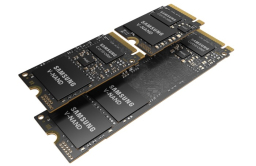 Korean chipmakersSamsung’s new 5 nm high-performance SSD faster, uses less power
Korean chipmakersSamsung’s new 5 nm high-performance SSD faster, uses less powerJan 12, 2023 (Gmt+09:00)


